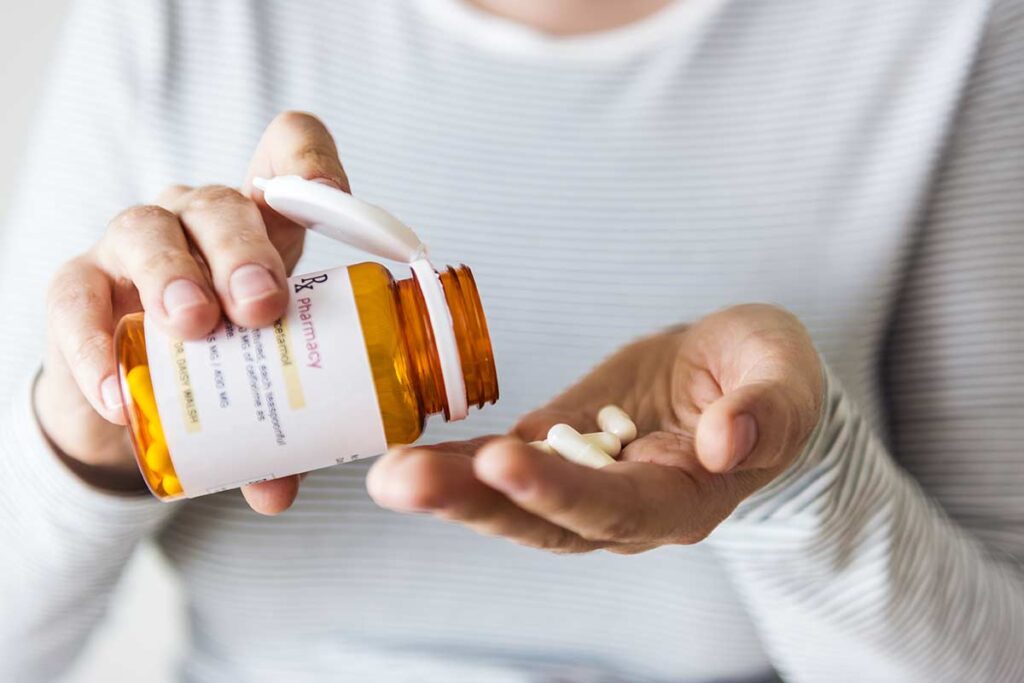Addiction is an ongoing epidemic across the world. From illegal drugs and alcohol to food and even prescription drugs, it is possible to become addicted to many things. Whether a person is using with the intent to get high or becomes dependent on a prescription drug, addiction is real, and help is often needed to recover and lead a healthy life. Opioids are among the most widely abused drugs in America, causing over half of the overdose deaths. But recovery is possible. Buprenorphine treatment can be helpful for those who are struggling with opioid use disorder when used in tandem with therapy and counseling.
What Is Opioid Use Disorder?
If an individual uses opioids after surgery and becomes dependent on them, they can become addicted easily. While these medications help reduce pain and are often necessary, they are highly addictive even after a short period. Some people are also aware of the high opioids provide and turn to the drugs for this purpose, eventually becoming addicted.
Common opioids include:
Using Medication to Treat Opioid Addiction
While there are many approaches to treating opioid use disorder, such as counseling, this alone is not enough. Medicated OUD treatment is usually necessary. With some medications, clients can overcome their dependence on the drugs by reducing the withdrawal symptoms that often make it impossible to quit in the first place. Buprenorphine is one medication that can be used to manage chronic pain and help those addicted to opioids on their journey to long-term recovery.
Buprenorphine Treatment
Buprenorphine is a partially synthetic drug made in labs. It is used to treat severe, often chronic, pain. It is also effective at helping those with opioid use disorder avoid withdrawal symptoms. It is considered an opioid still because it has components derived from opium poppies.
When a client goes through buprenorphine treatment, they may take sublingual tablets, use patches, or get injections. It is often used to treat pain in those with known histories of opioid addiction because it is considered therapeutic. This is because it delays withdrawal symptoms while addressing cravings for more potent opioids.
Using buprenorphine is helpful because it can reduce the risk of overdose and other health issues related to drug use. It is more readily available and is the first medication to treat OUD that can be prescribed and given in physicians’ offices, which helps increase access to treatment.
Buprenorphine has been used for over two decades and is considered safe and effective. It is quickly replacing the more common methadone to treat OUD, so much so that it is also commonly used to treat babies born with opiates in their systems.
Buprenorphine Treatment Risks
Buprenorphine use must still be monitored because it can cause overdoses. Watching for these signs is important:
- Dizziness
- Feeling faint
- Sedation
- Respiratory distress
While addiction liability is low, it can become habit-forming. Signs of abuse include:
- Compulsive thoughts regarding buprenorphine
- Craving more when doses are lowered
- Loss of control of use
- Continuing use despite negative consequences
In addition, clients younger than 60 that have no other medical conditions and take no other medications are more likely to experience side effects. However, seniors, children, and those with pre-existing conditions will experience a broader range of side effects. Side effects include:
- Difficulty breathing
- Sleepiness, dizziness, and the inability to drive
- Severe interactions with alcohol
- Vertigo, nausea, or headache
- Lowered blood pressure
- Liver function issues
Buprenorphine Treatment at Colorado Medication Assisted Recovery
Effective treatment for opioid addiction can be found at Colorado Medication Assisted Recovery. Our clients can benefit from therapists who vary their treatment approach based on both proven techniques and medical intervention. Understanding the different ways to treat opioid addiction and how medication can help manage withdrawal symptoms means providing a complete recovery to clients. Contact us at 833.448.0127 or reach out online for more information.


















